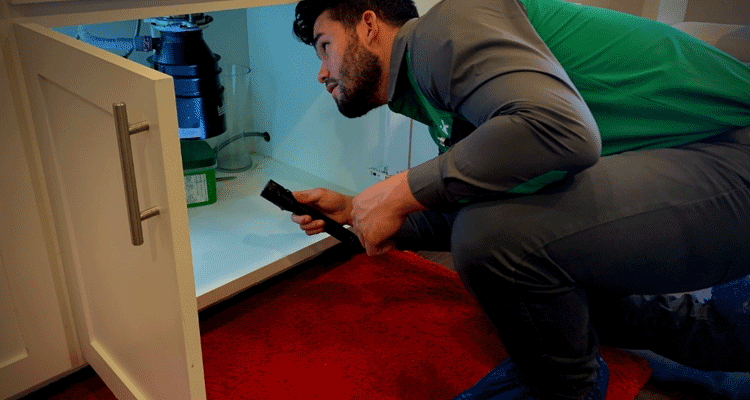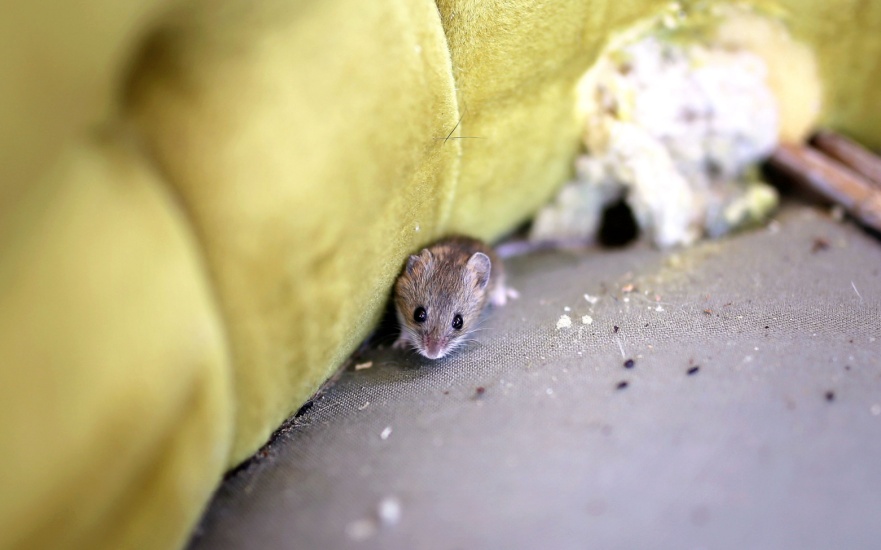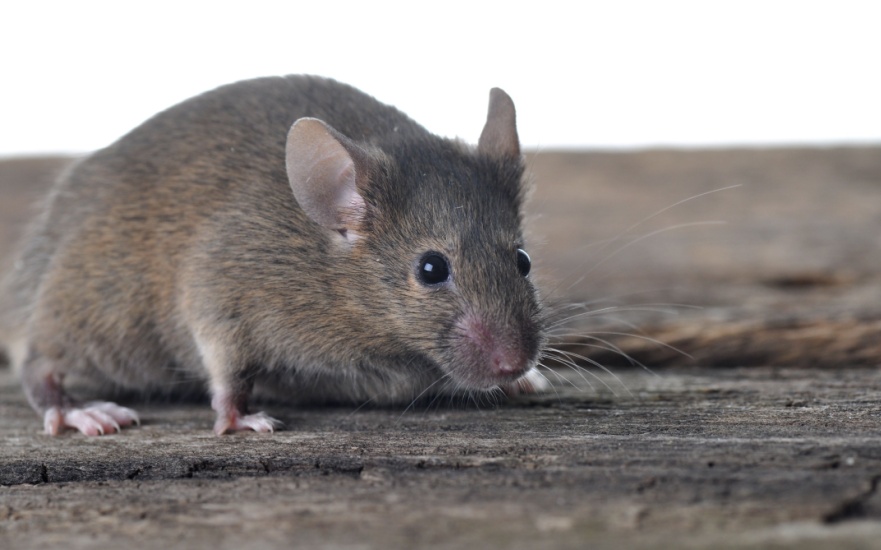Rodents like mice and rats are unwelcome guests in any home. Not only can they cause significant damage to your property, but they also pose serious health risks to you and your family. While professional pest control services are often the most effective way to deal with a rodent infestation, there are several DIY methods you can try if you’re facing a smaller problem or want to take preventive measures. Here are five DIY tips to get rid of a rodent problem in your home:
DIY Tips to Get Rid of a Rodent Problem
1. Seal Entry Points

The first step in any DIY tips to get rid of a rodent problem is to prevent more rodents from entering your home. Mice and rats can squeeze through incredibly small openings—some as tiny as a quarter-inch wide. To effectively keep them out, inspect your home for potential entry points and seal any gaps, cracks, or holes with durable materials like steel wool or caulk. Blocking these access points is a crucial step in preventing infestations before they start.
Start by inspecting the exterior of your home, including the foundation, walls, roof, and around windows and doors. Look for cracks, gaps, or holes that rodents could use to get inside. Use steel wool or caulk to fill smaller holes, and for larger gaps, consider using a combination of materials like hardware cloth or expanding foam. Don’t forget to check around utility pipes, vents, and where electrical wires enter the home—these are common entry points for rodents.
2. Proper Food Storage

Rodents are opportunistic feeders, and one of the main reasons they enter homes is to find food. To make your home less attractive to rodents, it’s essential to store food properly and eliminate easy access to food sources.
Keep all food items, including pet food, in airtight containers made of metal or thick plastic. Avoid leaving food out on countertops or in open containers, and clean up spills and crumbs immediately. Pay special attention to areas where food is prepared or consumed, such as the kitchen, dining room, and pantry. Regularly empty your trash cans and ensure they have tight-fitting lids.
3. Setting Traps

Traps are one of the most effective DIY methods for catching and removing rodents from your home. There are several types of traps available, including snap traps, glue traps, and live traps. Snap traps are the most common and are designed to kill rodents quickly. Glue traps capture rodents by trapping them on a sticky surface, but these are generally considered less humane. Live traps allow you to catch and release rodents without harming them, but you’ll need to relocate the animal far from your home to prevent it from returning.
When setting traps, placement is key. Rodents tend to travel along walls and edges, so place traps in these areas, particularly where you’ve noticed signs of rodent activity, such as droppings or gnaw marks. For best results, bait the traps with peanut butter, chocolate, or another high-protein food that rodents find irresistible.
4. Natural Deterrents
If you’re looking for a more natural approach to rodent control, there are several deterrents you can use to keep these pests away. One popular option is peppermint oil, which rodents find overwhelming and unpleasant. Soak cotton balls in peppermint oil and place them near entry points, in cupboards, or anywhere you’ve noticed rodent activity. You’ll need to replace the cotton balls every few days to maintain their effectiveness.
5. Regular Cleaning and Decluttering
Maintaining a clean and clutter-free home is one of the best ways to prevent a rodent infestation. Rodents are more likely to nest in areas that are cluttered with paper, cardboard, fabric, and other materials they can use to build their nests. Regularly cleaning and decluttering your home can make it less inviting to rodents and help you spot signs of an infestation early.

Focus on areas that are typically out of sight and often neglected, such as basements, attics, closets, and garages. Store items in sealed plastic bins rather than cardboard boxes, and avoid letting clutter accumulate. Regularly vacuum and dust your home to remove crumbs, pet food, and other potential food sources.
While these DIY tips to get rid of a rodent problem can help you address minor issues, tackling a full-blown infestation requires expert care. In the southern United States, rodents are a particularly common issue due to the warm climate and urban sprawl, with studies showing that nearly 40% of homes in the region may experience rodent activity at some point.
Don’t let these pests take over your home—Vinx Pest Control is here to help! Let us handle the problem so you can enjoy a safe, pest-free home. Call Vinx Pest Control today and reclaim your space!



